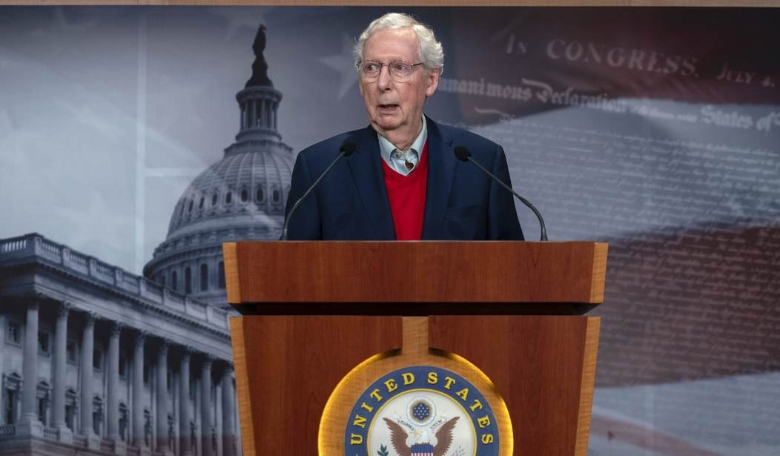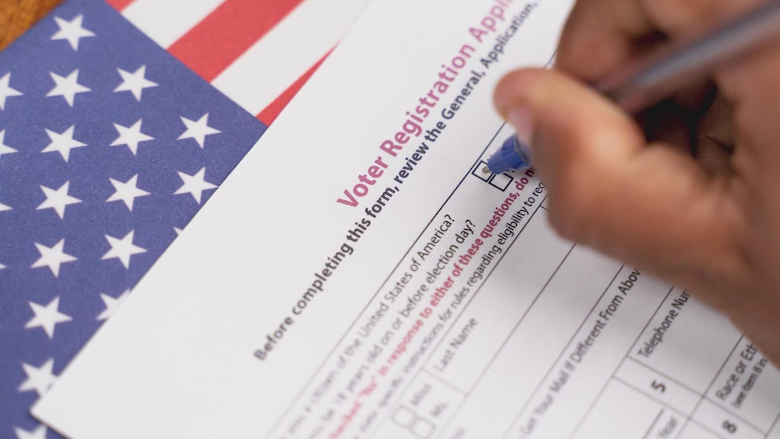An Ohio school district has agreed to a $450,000 settlement with a Christian teacher who claimed she was forced to resign after refusing to use students’ preferred pronouns, citing her religious beliefs.
The case has become a flashpoint in the ongoing debate over free speech, religious liberty, and gender ideology in public education.
Top Immunity Support For The Times:
Immune systems can be weakened by poor diet, lack of sleep, and countless other environmental factors.
Our products may help support your body’s natural defenses.
Save 15% W/ Code “SAVE”
Visit: https://GetZStack.Com
Includes FREE SHIPPING in USA
The Dispute Over Pronouns
In August 2023, Patricia Geraghty, a middle school teacher in the Jackson Local School District, faced pressure after declining to comply with a school policy requiring teachers to use students’ preferred names and pronouns. Geraghty argued that affirming a student’s gender identity contradicted her deeply held Christian beliefs and that being forced to do so violated her constitutional rights.
“Teachers shouldn’t be forced to contradict their core beliefs just to keep their jobs,” Geraghty said through her legal counsel, Alliance Defending Freedom (ADF). According to ADF, the school administration initially rejected her request for accommodations, leaving her with no alternative but to resign in September 2023.
Legal Battle and Settlement
Geraghty’s legal team filed a lawsuit against the school district, alleging violations of her First Amendment rights to free speech and religious expression. The complaint also accused the district of failing to explore reasonable accommodations, such as reassigning her students or allowing her to use last names instead of pronouns.
After months of litigation, the district agreed to a settlement in December 2024, awarding Geraghty $450,000 in damages and legal fees. ADF praised the outcome as a significant victory for religious liberty and freedom of conscience.
“This settlement sends a clear message: No one should have to choose between their faith and their livelihood,” ADF’s Senior Counsel Philip Seymour stated in a press release.
Wider Implications
This case highlights the growing tension between progressive gender policies in public schools and the rights of educators and parents who hold traditional views. Critics of the district’s actions argue that such policies undermine religious freedom and parental authority.
The Jackson Local School District released a statement emphasizing that the settlement was not an admission of wrongdoing but a pragmatic decision to avoid prolonged and costly litigation. Still, the case has sparked debates among lawmakers, educators, and parents nationwide.
Prominent conservative commentators have pointed to Geraghty’s case as emblematic of broader concerns about ideological overreach in public institutions. Many argue that such disputes reflect a troubling trend where dissent from progressive norms on gender identity is met with punitive action.
The Cultural Divide
Geraghty’s experience has resonated with many conservatives who feel that traditional values are under siege in an increasingly secular and politically correct culture. For them, her story exemplifies the need to defend the rights of individuals to act according to their faith without fear of retribution.
“Patricia Geraghty stood up for her principles and paid a heavy price. The fact that she ultimately prevailed is encouraging, but it also shows how far we’ve come in normalizing coercive policies that infringe on personal liberty,” one observer noted.
This case also underscores the legal complexities surrounding gender identity issues in schools. While progressive activists champion policies like pronoun mandates as essential for affirming students’ identities, opponents contend that such measures infringe on the rights of others and create a chilling effect on free speech.
Conclusion
The settlement marks a significant milestone in the ongoing battle over religious liberty and free expression in education. For Geraghty, the resolution represents vindication after months of professional and personal turmoil. Her case has become a rallying point for those advocating for greater protections for educators facing similar challenges.
As these cultural battles continue to unfold, this outcome may embolden others to stand firm against policies they believe conflict with their deeply held beliefs. Meanwhile, the debate over the balance between individual rights and institutional policies shows no sign of abating.




Pronouns do not change your gender. They are simple a mask to cover up the obvious fact that you cannot change your sex. Misgender me all day and people will only think you are losing it. I do not need your validation. One man even tried to sue an OBGYN for not accepting him as a patient. I guess having a pelvic exam was necessary for his fantasy.